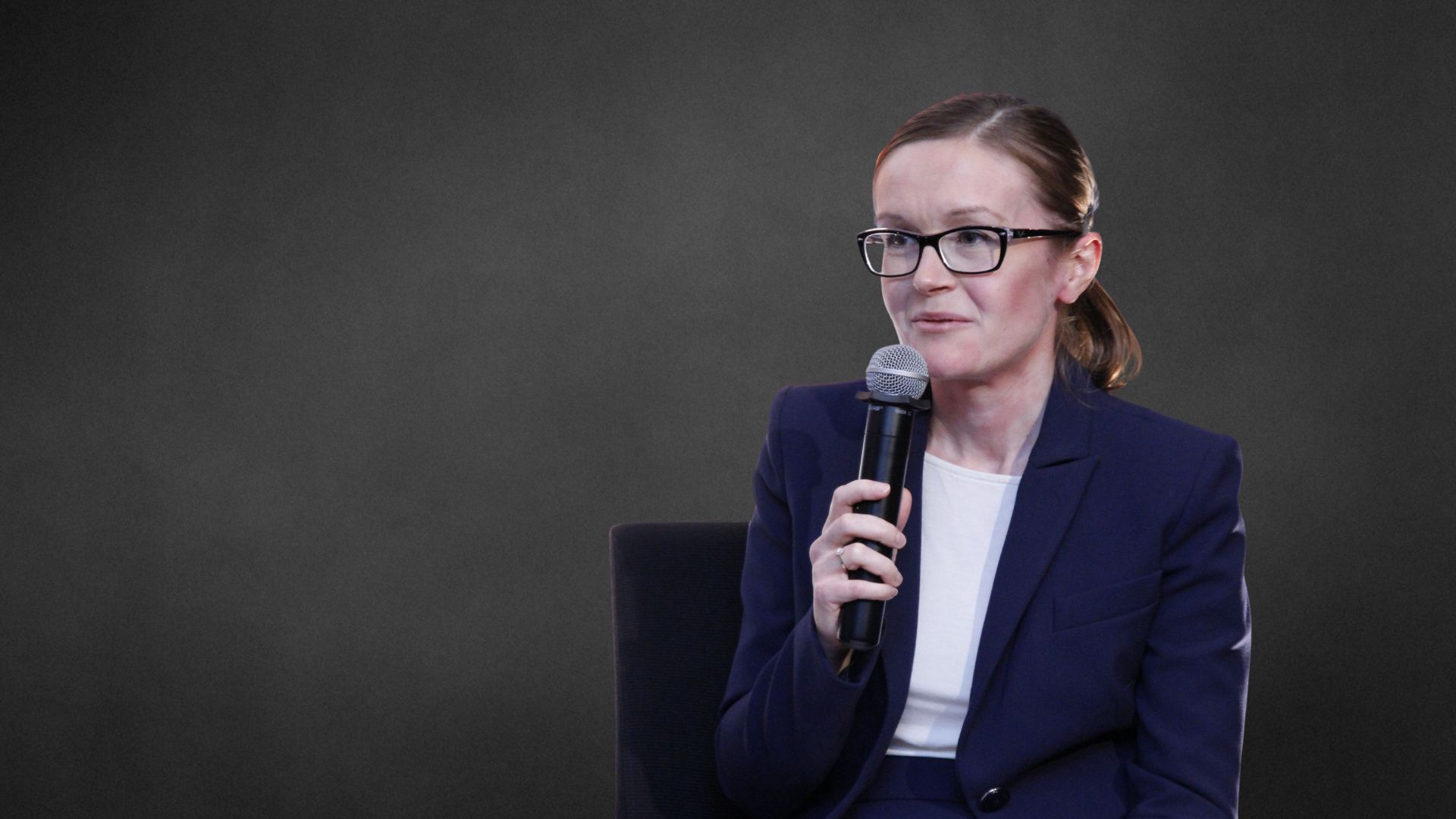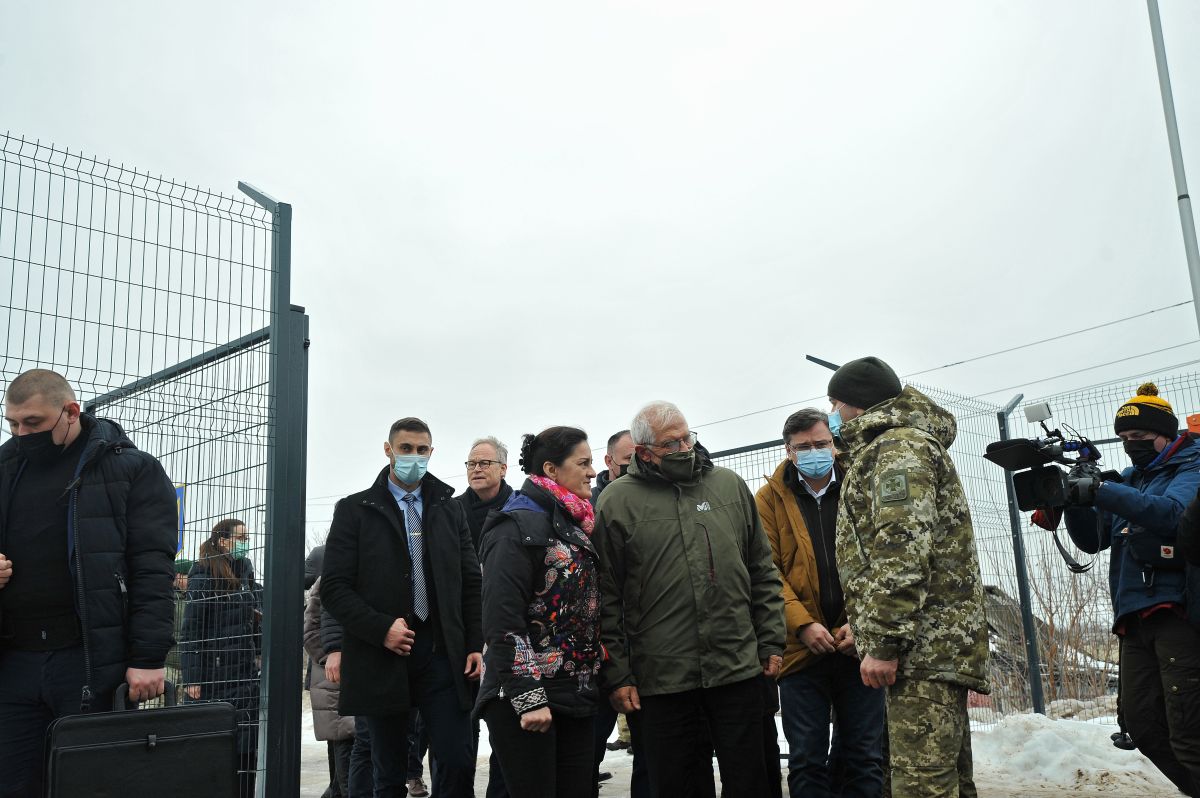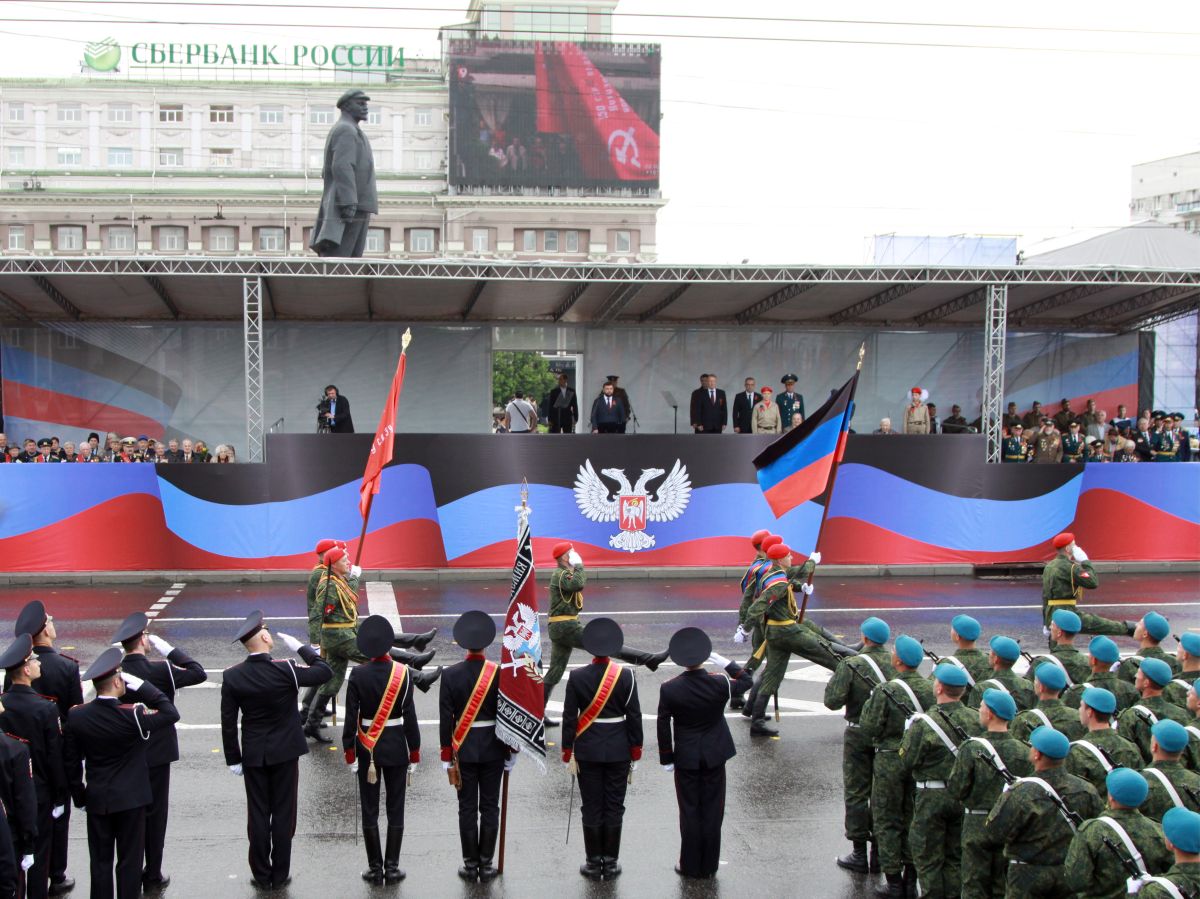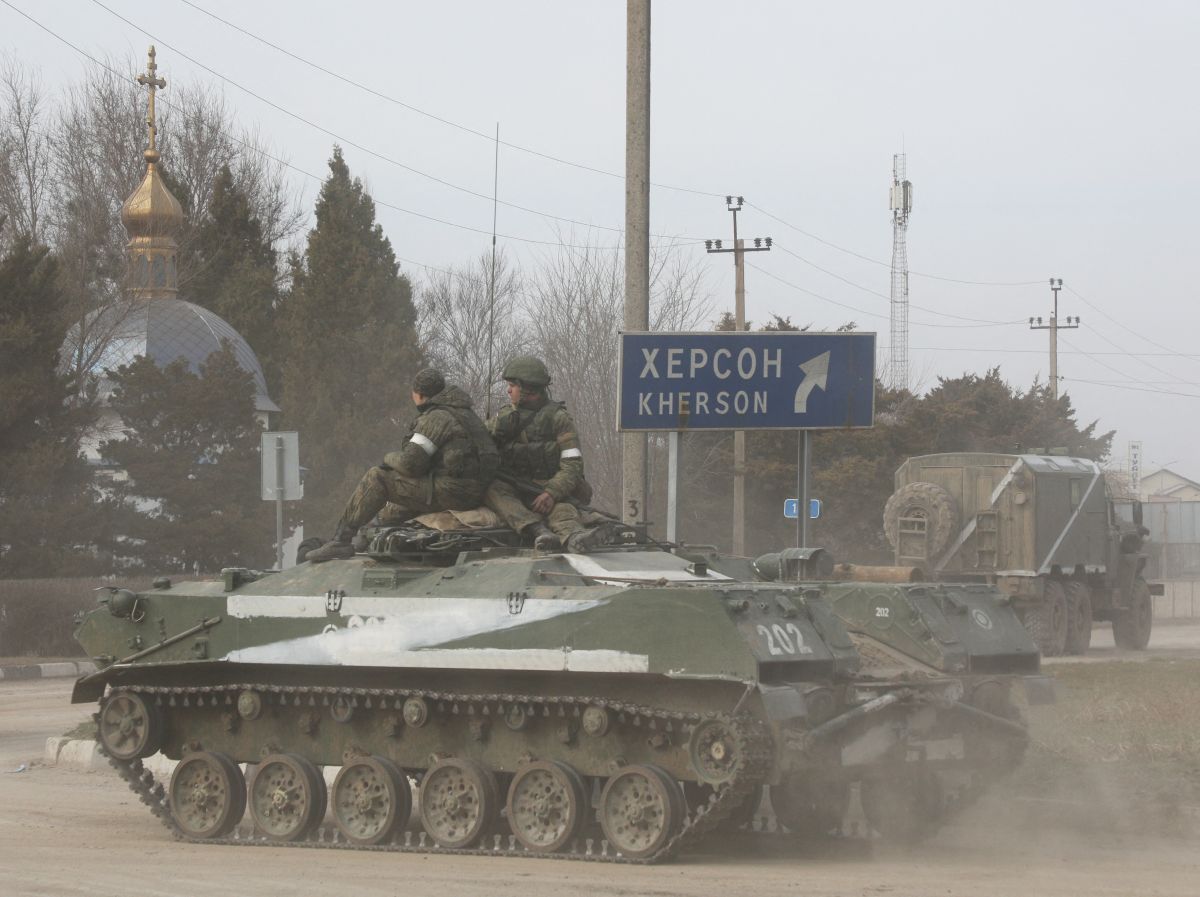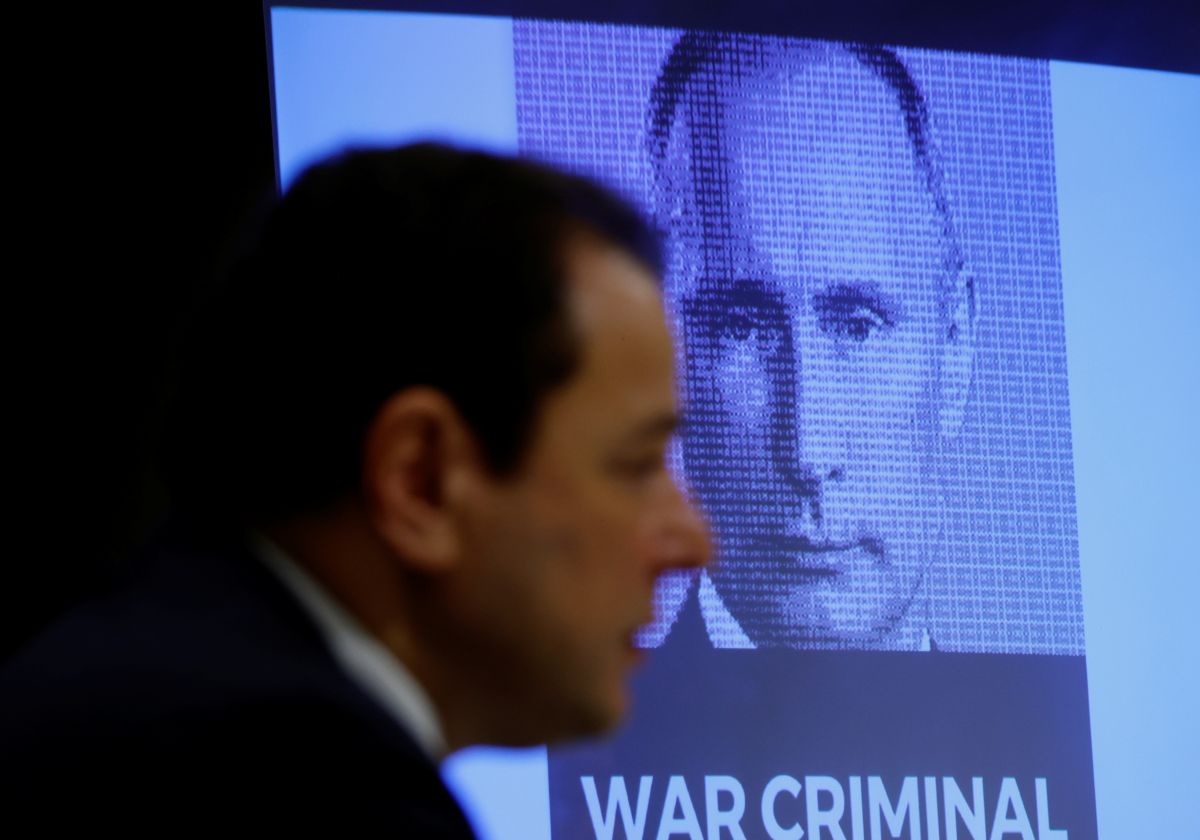EU Reaction to Russia's Military Invasion of Ukraine
On 24-25 February, an extraordinary summit of the European Council (EUCO) took place in Brussels to discuss the EU response to the invasion of Ukraine by Russian forces. The EU has adopted strong economic sanctions that will reduce Russia’s financial reserves in the long term. However, they would be more effective if the EU decided to cut off Russian banks immediately from the SWIFT system, a global channel of encrypted communication between financial institutions. This is still an open issue for negotiation between the Member States.
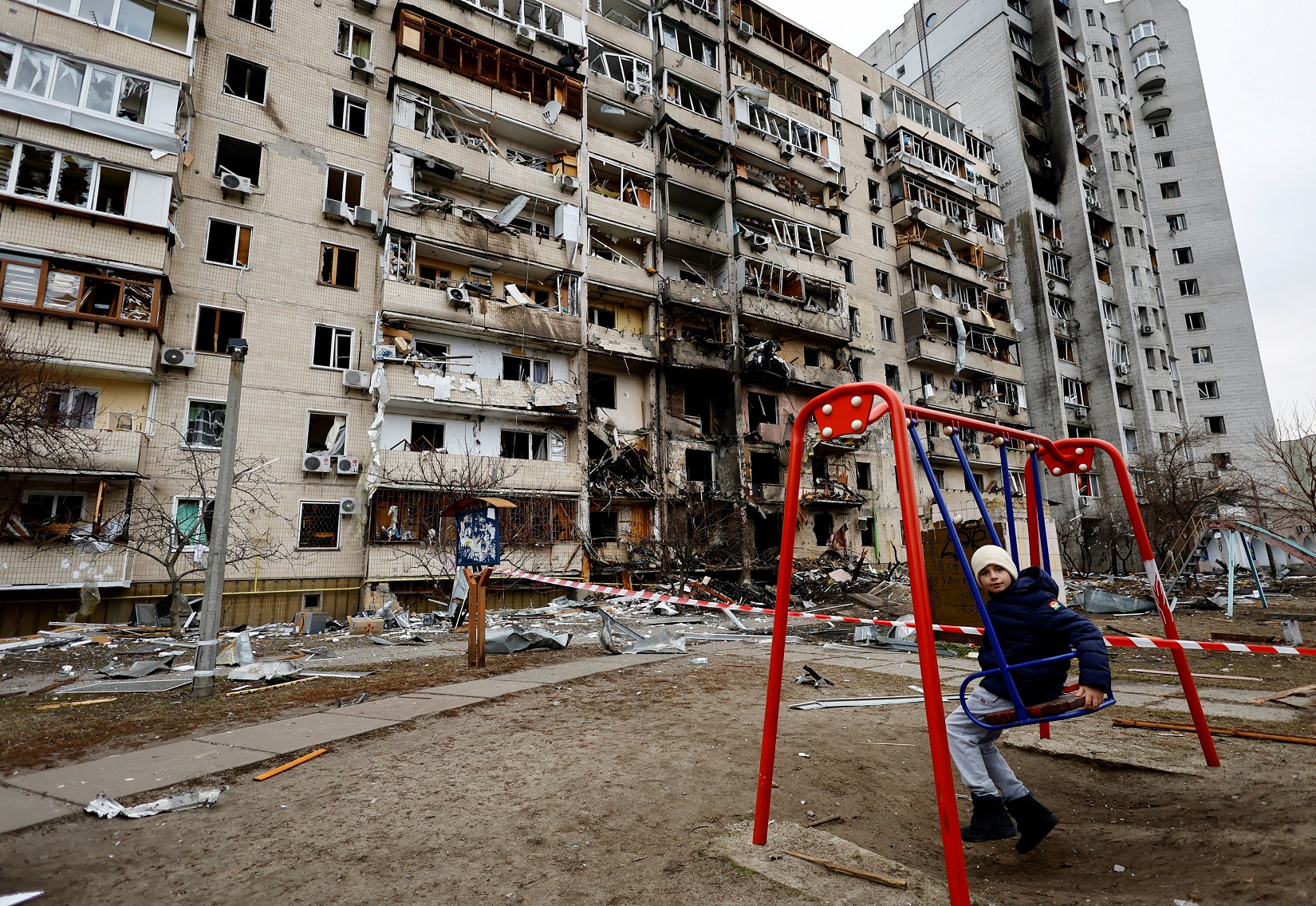 Umit Bektas/Reuters/Forum
Umit Bektas/Reuters/Forum
What was the summit’s main message?
EU leaders condemned Russia’s unprovoked and unjustified military aggression against Ukraine, which they consider a gross violation of international law. They demanded that Russia immediately cease its military action, disinformation campaigns, and cyberattacks, and unconditionally withdraw all forces and military equipment from the entire territory of Ukraine. The European Council condemned Belarus’s involvement in the attack on Ukraine and called on it to refrain from continuing these actions and to comply with its international obligations. During the meeting, President Volodymyr Zelensky delivered a speech from Ukraine calling for the adoption of severe sanctions against Russia.
What new sanctions on Russia have been adopted?
In coordination with the U.S., the UK, and other countries, the EU announced a second package of sanctions. It expands the list of banks subject to financial sanctions to include the largest entities on the Russian market (70% of the banking sector) and the largest state-owned companies, including defence-related firms. This should lead to an outflow of foreign capital and an increase in inflation in Russia. To erode Russia’s industrial base, the EU will ban the sale of technologies to upgrade oil refineries, aircraft and equipment to Russian airlines (three-quarters of Russia’s commercial air fleet is built in the EU, U.S., and Canada), as well as semiconductors and cutting-edge technologies. The EU expanded the list of people subject to personal sanctions, which implies asset freezes and an EU entry ban, to include diplomats and oligarchs. The European Commission is to prepare a package of individual and economic restrictions against Belarus. The EU has not decided to cut off Russian banks from the SWIFT system due to opposition from Germany and, according to media reports, from Italy.
What was included in the first EU sanctions package?
On 23 February, in response to Russia’s recognition of the independence of the Donetsk and Luhansk “People’s Republics”, the Union adopted personal sanctions on 351 deputies of the Russian State Duma and 23 other people, including members of the government, senior officials, and military personnel, as well as some oligarchs and their family members, such as the mother and spouse of Yevgeny Prigozhin, and Denis Bortnikov, son of the FSB chief. It imposed financial sanctions on Bank Rossiya, Promsvyazbank, and VEB.RF, as well as the Internet Research Agency. The EU also limited refinancing of Russia’s sovereign debt and banned trade and investment in certain sectors with the self-proclaimed republics. Germany has also suspended the certification of the Nord Stream 2 gas pipeline.
How will the EU support Ukraine?
The EU will mobilise additional financial, humanitarian (including for refugees), and logistical assistance and organise an international donors conference for Ukraine in coordination with partners. The details will be elaborated in the coming days. So far, the EU has granted a long-term, low-interest loan of €1.2 billion for Ukraine and €120 million in subsidies. Member States have also pledged additional support, such as France with €300 million.
In the field of security, the EU will—for the first time—use one of the PESCO projects, the Cyber Rapid Response Teams (CRRTs), which will help the Ukrainian authorities counter cyberattacks. The project is led by Lithuania, in cooperation with Croatia, Estonia, the Netherlands, Poland, and Romania. The team is currently assessing the number and the specialisations of the experts who potentially will be deployed to Ukraine. An open question remains the launch of an EU military education training mission to Ukraine. The EU also announced support for the countries of NATO’s Eastern Flank, but it will present a detailed plan after the joint Union-Alliance summit to be held on 25 February.
How will the EU decisions and actions affect Russia and Ukraine?
The EU sanctions will most likely lead to investors pulling out of Russia, depreciation of the rouble, and a reduction in Russia’s financial reserves. This will increase the cost of the war in Ukraine. However, the restrictions still do not isolate Russia economically from the EU and will not create sudden problems throughout the economy. To this end, and to reduce more significantly Russia’s and its oligarchs’ financial reserves, the EU should increase the number of banks and their subsidiaries and state-owned companies that are subject to financial sanctions and cut Russia off from the SWIFT system. The Russian authorities do not have an effective alternative system.
For Ukraine, the most important thing now is military and economic aid to repel the Russian attack. As the EU has limited capacity to rearm Ukraine, most important will be to increase the supply of weapons from Member States and to effectively coordinate the handover. Training of Ukrainian armed forces may take place temporarily on the territory of EU Member States at their discretion. Maintaining the stability of the Ukrainian economy will depend on the rapid mobilisation of funds from the EU, its Member States, and international financial institutions. The financing conditions should be adequately loosened due to the unprecedented state of conflict in Ukraine.


